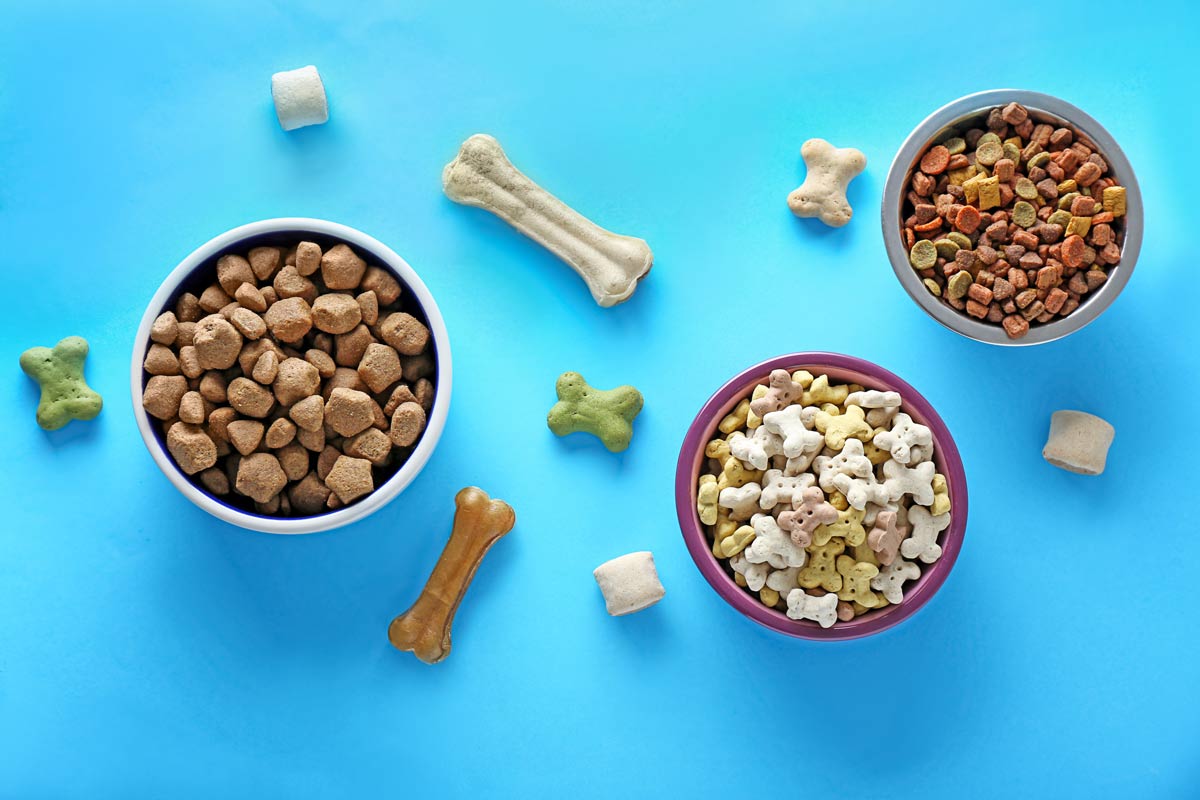As more and more people make the choice to buy more organic foods at the grocery store and get dinner at the local farm-to-table restaurant, pet owners are increasingly considering purchasing organic pet products for their furry and feathered friends.
Health-food stores have been expanding their pet-food aisles, and the animal health industry is meeting the trend with a growing array of options labeled as natural, non-GMO, and organic to meet a new generation of consumers (millennials are now the largest pet-owner base) who align with values of sustainability, animal well-being, and health.
Does this mean your animal health products have to be organic? Here are a few thoughts on how important it is to join the organic pet products trend — and how to do it.
Should Your Company Go Organic?
This is a question many animal health manufacturers are asking themselves right now. Consumers go organic for a variety of reasons, spanning from health-centric or environmental concerns to spiritual or altruistic principles.
If you do decide to take your company organic, it’s crucial that you plan your marketing and branding around values that echo why you made the choice. No one wants to hear that you did it because it was what the market demanded; they want to hear that you did it because you share those values.
The most important thing is to tell your story. If your purpose is healthfully nourishing people, taking care of the planet, and becoming the company that sets the standard for higher-quality pet food in the industry, then your purpose aligns with people who go organic for health reasons.
If you don’t have those exact set of ideals, make sure you have an authentic reason why your products are organic. Millennials value authenticity. Ultimately, if you’re not sincere and authentic about producing organic pet products and food, don’t hop on the bandwagon.
Is It Enough to Be “Natural”?
Many consumers today know the difference between a “natural” and “organic” label on your product. “Organic” is a legal definition, regulated by the U.S. Department of Agriculture. To have a product labeled organic, it has to go through a certification process: no synthetic chemicals, no toxic pesticides, no preservatives or artificial additives. Discerning customers know to look for this label.
Unfortunately, just about any company can claim the word natural, even though its technical meaning is also getting more complex, and “natural” is a legal gray area.
Manufacturers may choose to be natural, organic, or neither. Organic and natural labels may bump up the price or value of your product, but there could be legal repercussions if you mislabel.
If You Choose to Make Organic Pet Products:
There’s no one right or wrong way to make the high-quality animal health products you manufacture. You know what’s best for your products, your brand, and your customers.
If you choose to pivot to organic pet care, check out the USDA’s handbook and guidelines. You may also want to make sure your products have the non-GMO label, since that’s often something consumers who buy organic look for.
Once you’ve met the legal requirements of selling organic pet products and food, you’ll have the product labeling you need to align your brand with these values. Now all you need to do is tell your story.
Contact EPiQ Animal Health for more market insights, and find more on pet-care trends here.
